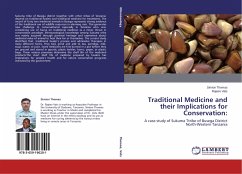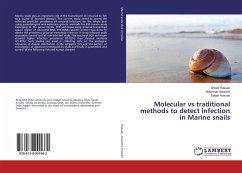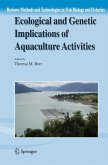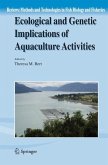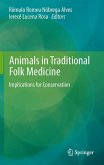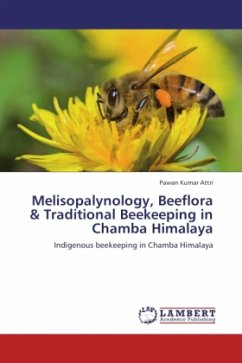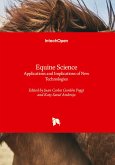Sukuma tribe of Busega district together with other tribes of Tanzania depend on traditional healers and traditional medicine for treatments. The record of forty two medicinal animals in Busega represents strong evidence of the traditional use of wildlife resources in alarming rate. This generates new challenge to conservationist especially in Tanzania who was considering use of fauna on traditional medicine as a minor threat in conservation paradigm. Ethnozoological knowledge among Sukuma tribe was mainly acquired through parental heritage and experience about medicinal value of animal to heal their kin or themselves. The current study identified that, traditional healer s process and administer therapies in many different forms. They boil, grind and add to tea, porridge, milk, soup, water, or juice. Some medicines are first burned in a pot before they are ground and stored in gourds, plastic bottles, horns, paper, or plastic bags. These various processes determine the shelf life of the medicinal products.The short shelf life of medicine prepared by healers has implications for people s health and for nature conservation programs instituted by the government.

